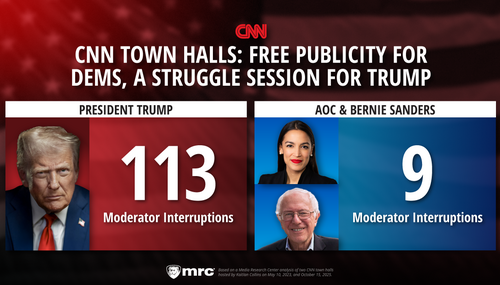In a post entitled Sen. Lieberman Violates His Own Privacy Policy, it appears Ned Lamont, Democrat nominee for Senate in Connecticut, is willing to stoop to spreading an obvious falsehood through his campaign blog in his bid to unseat Senator Joe Lieberman.
As per the title, the Lamont Blog accuses Senator Lieberman of violating his websites privacy policy, from which it quotes extensively:
My office will not share any personal information communicated through my Web site with any outside organization or individual, except in the following situations: (1) when needed to perform constituent casework at your request; (2) in the course of an authorized law enforcement investigation or emergency posing an imminent risk to public safety; or (3) if you choose to participate in my interactive online E-Government comment page, and authorize me to publish your comment, your name, and the organization you represent.
To support the obviously false allegation, Lamont refers to a recent New York Times article which relied heavily upon an email from Ned Lamont to Senator Lieberman.
From Lamont's blog:
He forgot: "(4) in a laughable attempt to discredit a political opponent to whom I may have already lost in a primary election by leaking an email of his to the New York Times.":
However, the email was not sent through the website and would not be subject to the displayed and linked privacy policy. The email was actually written in 1998 and cc'd to two other individuals, priority normal, making it not very private at all. The header is posted here and a full copy of the letter available here.
It would seem that along with what the NY Times suggests is Lamont's tendency to take positions based upon convenience as opposed to principle, he's also willing to allow his campaign's e-media staff to fabricate falsehoods about his opponent and then spread them across the blogosphere.
That's evidenced by the additional links included in the clearly misleading post:
Late Update: Some more reaction. Atrios asks a very good question:
A rather important - and perhaps legal - question is why a campaign aide has access to constituent letters to Joe's Senate office.
Perhaps legal, indeed. Since when do campaigns have access to constituent communications? Spazeboy makes a good observation:
It doesn’t seem right to me that an e-mail that I send to an elected official could be used against me or made public by that elected official should I choose to run for his seat at some point in the future.
It should unsettle all of us.




